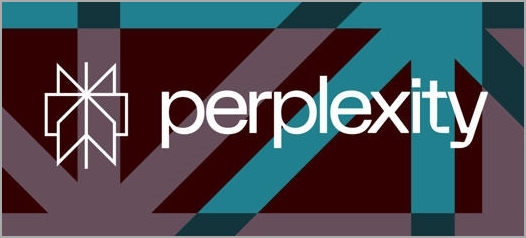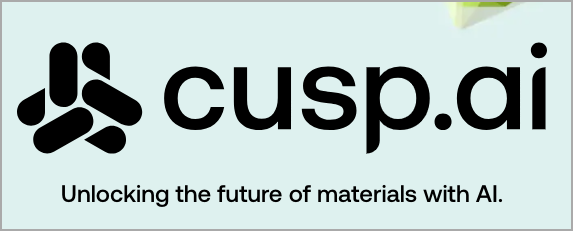CuspAI’s $30M for GenAI-Driven Search Engine for New Materials
CuspAI, a pioneering technology startup based in Cambridge, U.K., has recently secured $30 million in a seed round. The technology aims to revolutionize how new materials are discovered and assessed using Generative Artificial Intelligence. This is key to chemical discovery where AI can feasibly be applied to various tasks in the field deriving from complex data set relationships.
An article from the Journal of Chemical Education and Modeling, entitled Artificial Intelligence in Chemistry: Current Trends and Future Directions, explains how the solubility of a new compound is traditionally predicted either through equations based on empirical data or by using theoretical calculations. With AI, however, the prediction of solubility may also be accomplished by a program that has developed structure–solubility relationships after being trained on numerous compounds with known solubilities.
With CuspAI, designers, chemists, and materials engineers can analyze material structures and pinpoint the desired properties. It’s been dubbed a “search engine” for materials, capable of identifying not only existing materials but also all possible molecules and materials. CuspAI’s approach promises to enable a faster evaluation of vast numbers of novel structures, leading to significant advancements in various scientific and industrial fields.
HeyGen Scores $60M for AI Video Generation
HeyGen, an innovative AI video generation company, has raised $60 million in a Series A. The platform allows users to create photorealistic avatars and generate production-ready videos from text. While that concept is not necessarily new, it’s the precision at which this technology does it that’s impressive.
These avatars are eerily realistic more than puppet-like. Their speaking movements aren’t merely Sesame Street up-and-down mouth movements, but entirely lifelike. To the point of being difficult to distinguish from human actions.
Here’s an example demonstrating how this video creation technology has the potential to enable high-quality video content generation by the masses:
Unlike many other AI companies, HeyGen has already reached profitability with an annual recurring revenue (ARR) of $35 million. The company aims to use the deployment to enhance the creation and localization of high-quality videos.
Perplexing AI Controversy
The previous week did not unfold entirely smoothly for the AI domain. The AI search company, Perplexity, headquartered in San Francisco and supported by SoftBank Group Corp.’s Vision Fund 2, encountered challenges. With an estimated value of $3 billion, the firm was established to rival industry behemoths like Google.

Perplexity AI, as described by its CEO, Aravind Srinivas, is characterized as “essentially a middleman seeking high-quality resources.” It is not merely a search engine but rather an “answer engine.”
“We prioritize factual accuracy,” Srinivas emphasized. However, the origin of this accuracy has now come under investigation, with the company facing allegations of plagiarism. Amazon is currently examining assertions that the AI startup, Perplexity AI, is scraping content, including material from reputable news sources, without proper authorization.
Cisco’s Underwhelming AI Announcement
Yet another prominent player from Silicon Valley experienced a lackluster week. Cisco’s recent declaration regarding the incorporation of AI into its network and security systems failed to make a positive impression on the industry. During its Cisco Live annual event in Las Vegas, Cisco revealed a $1 billion AI investment fund, with initial investments directed towards Cohere, Mistral AI, and Scale AI. Additionally, the company unveiled a technology partnership with Nvidia to introduce a new series of AI infrastructure called the Nexus HyperFabric AI Cluster.
Rather than introducing groundbreaking innovations, the announcement primarily highlighted incremental enhancements. This approach left investors disheartened, as they had anticipated more significant advancements instead of what appeared to be a substantial yet unremarkable investment in what some perceive as an oversaturated AI market. Consequently, Cisco’s AI news failed to elicit the usual excitement and enthusiasm typically associated with major technological leaps forward.
Analysis and Expert Opinion
The intersection of AI technology advancements, spanning material science to video production, showcases the broad spectrum of AI attracting significant financial support. However, not every AI announcement, investment, or touted feature is achieving universal acclaim. Disappointing funding declarations suggest that industry investors and analysts demand more than just capital injected into the thriving AI sector. They anticipate genuine innovation, a factor seemingly lacking in the endeavors of companies like Cisco and Perplexity, failing to ignite the anticipated enthusiasm.





